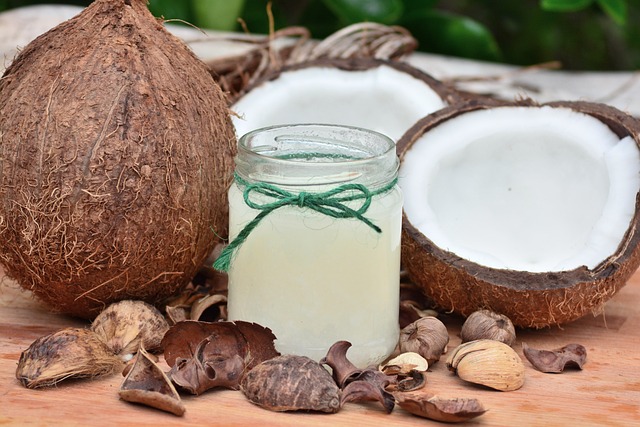The Power of Probiotics: Boosting Gut Health for a Happier You
When it comes to maintaining a healthy lifestyle, one aspect that often gets overlooked is our gut health. The gut, often referred to as our second brain, plays a crucial role in our overall well-being. It is responsible for digestion, nutrient absorption, and even affects our mood and immune system. But did you know that there is a natural and easy way to optimize your gut health? The answer lies in the power of probiotics.
What are Probiotics?
Probiotics are live bacteria and yeasts that are good for our health, especially our digestive system. These beneficial microorganisms can be found in various foods and supplements. While bacteria are often associated with illness, it’s important to understand that our bodies also require good bacteria to function optimally.
The Role of Gut Health
Gut health is crucial for maintaining overall well-being, and this is where probiotics come into play. Our gut contains trillions of microorganisms, including both good and bad bacteria. When the balance between these bacteria is disrupted, it can lead to various digestive issues, such as bloating, gas, and even chronic conditions like irritable bowel syndrome (IBS).
In addition to aiding digestion, a healthy gut also plays a role in our immune system. Approximately 70% of our immune system is located in our gut, making it essential to keep this area in top shape. By incorporating probiotics into our diet, we can promote a healthy balance of gut bacteria and support our immune system.
Benefits of Probiotics
The benefits of probiotics extend beyond just improving our gut health. Let’s take a look at some of the key advantages:
- Improved Digestion: Probiotics help break down our food, making it easier for our bodies to absorb nutrients. This can alleviate digestive issues such as constipation, diarrhea, and bloating.
- Enhanced Immunity: As mentioned earlier, a healthy gut is closely linked to a strong immune system. Probiotics support the production of antibodies and help regulate the immune response, warding off harmful pathogens.
- Reduced Inflammation: Chronic inflammation is a root cause of many diseases. Studies have shown that certain probiotic strains can help reduce inflammation and prevent related health conditions.
- Mental Well-being: Our gut is often referred to as our second brain because it produces neurotransmitters that impact our mood. Probiotics have been linked to reduced symptoms of anxiety and depression, promoting mental well-being.
- Weight Management: Certain strains of probiotics may help regulate weight by improving digestion and reducing fat absorption.
- Healthy Skin: Skin conditions like acne, eczema, and rosacea can be linked to an imbalance in gut bacteria. Probiotics offer a natural solution to promote healthy skin.
Sources of Probiotics
Probiotics are available in various forms, including:
- Yogurt: Yogurt is one of the most well-known sources of probiotics. Look for varieties that contain live and active cultures to ensure you’re getting the beneficial bacteria.
- Kefir: Similar to yogurt, kefir is a fermented dairy product that contains a range of probiotic strains. It is also a great source of calcium and protein.
- Sauerkraut: Made from fermented cabbage, sauerkraut is a traditional food that is rich in probiotics. Look for unpasteurized sauerkraut for maximum benefits.
- Kombucha: Kombucha is a fermented tea that is increasingly popular due to its probiotic content. However, be mindful of added sugars in store-bought varieties.
- Kimchi: Kimchi is a traditional Korean side dish made from fermented vegetables. It contains probiotics and is also a good source of vitamins and minerals.
- Supplements: Probiotic supplements are available in capsule, tablet, and powder forms. When choosing a supplement, opt for a reputable brand and ensure it contains strains that suit your specific needs.
Incorporating Probiotics into Your Diet
Now that you understand the importance of probiotics and where to find them, here are a few tips for incorporating them into your diet:







